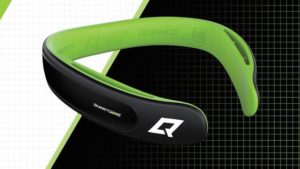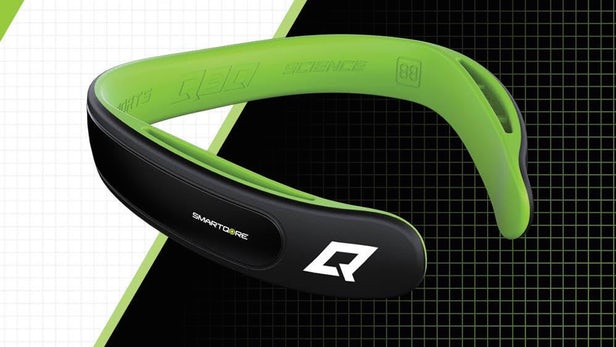
A new study carried by the Cincinnati Medical center has found that Brain expanding Q-collar (neck device) indeed protects the players from injuries during competitive soccer season. The device was found to protect players from small hits as well as from large ones. The sports are the prime reason for concussions that arise as a result of a heavy blow to the head
Brain Expanding Q-collar Functions:
When the player wears the neck collar device, it gently presses the jugular vein thereby reducing the blood outflow. So, this leads to an increase in brain blood volume during competitive play. The blood gets filled in the blood vessel similar to the airbag and hence minimizes the space between the cranium and the brain. As a result, when the head receives collision the brain has less area inside cranium to have a major impact. It reduces the energy absorbed by the brain during a collision.
Myer and colleagues studied a total of 46 number soccer players over the course of the competitive season. All the players wore accelerometers behind the ear for the measure of head collisions. Out of 46 members, only 24 of them wore the Q-collar. The researchers carried neuroimaging for the players at three points over a six month period that includes three months gaming season followed by three month rest period.
Study Results
The results are quite interesting! Neuroimaging studies revealed that there were significant changes in the white matter in the players from the pre-to-post season, who did not wear the collar. There were no changes in the white matter of the players who wore the collar. The team again conducted the neuroimaging studies three months after the end of the soccer season. The white matter changes have been resolved or tracked back to normal in players who did not wear the collar.
So, the study indicates that wearing the Q-collar indeed prevents soccer players from injuries in the first place. Even though the white matter changes restored to normal in players that did not wear the collar, still the risks can be controlled effectively before their occurrence. The research study is published in the “British Journal of Sports Medicine.” Coming to the pricing and availability, the Q-Collar has not been approved for use in the US. It has been developed by Q-30 innovations and also provided funding for the research.







